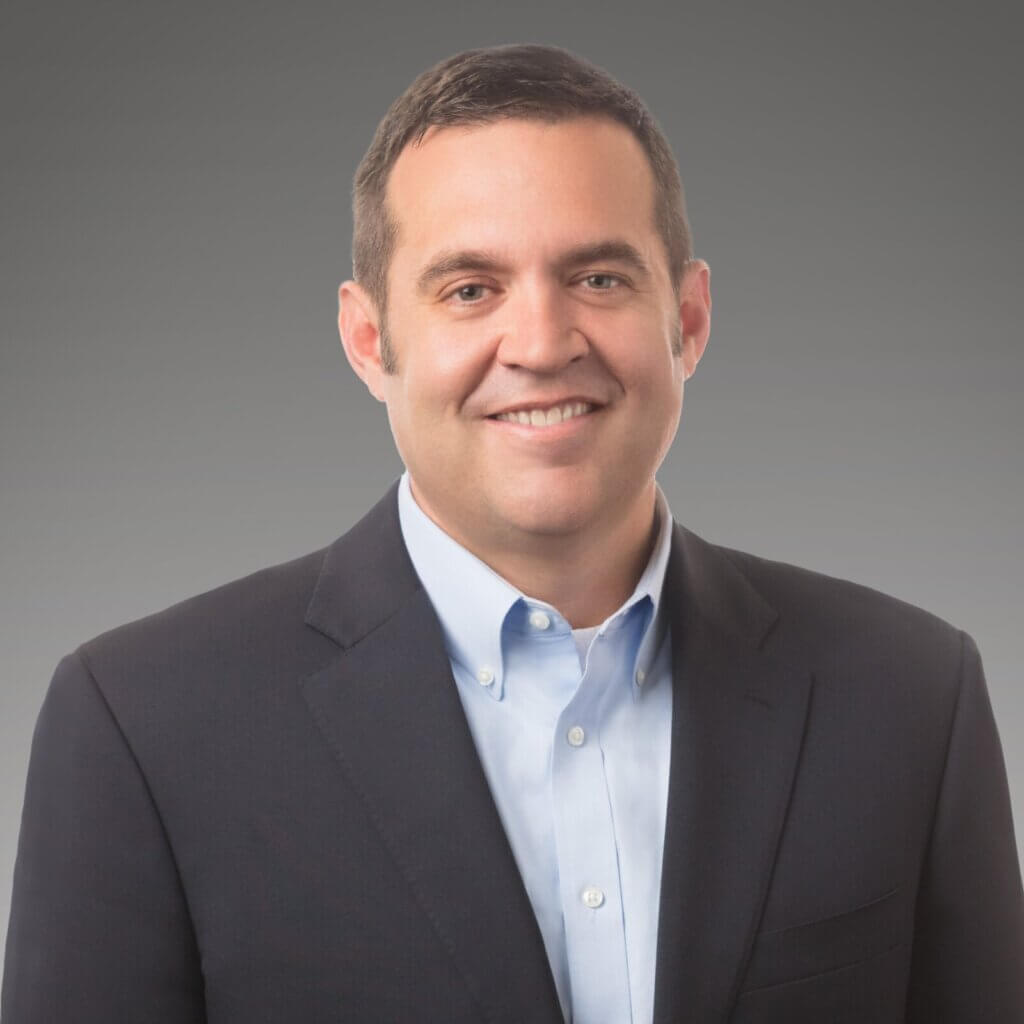
The private markets industry has always been about returns, and while manager track record remains the main predictor of fundraising success, LPs are scrutinizing operating models in ever greater detail.
Private markets assets under management (AUM) have more than trebled during the last decade to around US$14.5 trillion, according to a Bain & Co analysis. With larger sums of capital having been placed in alternatives, LPs’ expectations have correspondingly increased to ensure managers have the operational scale necessary by providing reporting tools, data management, cybersecurity and operating frameworks to effectively manage the capital they are entrusted with.
From internal to external
The frequency and depth of operating model assessments have increased by LPs, and significantly impact their decision whether to ultimately invest. This represents the evolution of how private markets stakeholders consider the back-office and its contribution to a firm’s ultimate performance.
Initially, private markets firms started out as small, entrepreneurial, partner-led businesses that ran lean and leveraged the network and experience of small teams of dealmakers to source and execute deals. Additionally, back-office teams were small and the operating infrastructure simple, with email and spreadsheets sufficient to cover dealmaker requirements.
The pace of the private markets industry’s growth, according to Bain & Co has delivered a compound annual growth rate in AUM of 14% since 2013. With this growth has come an increased expectation, leading to GPs taking advantage of smarter back-office capabilities, technology, and operating models to their commercial advantage. Those that have made this investment have been at the forefront of capital raising.
Traditionally, managers focused primarily on deal origination and execution have seen how the the transformation of back-office functions of technology and data have shifted from being siloed to a key enabler of success in the front office.
An industry survey and report led by Alter Domus and Deloitte – “How technology empowers success in the alternative assets market” – shows that well over half of managers are already utilizing digitization and automation in daily operations, and that almost 63% anticipate that AI and GenAI will have a significant impact on the alternative investment industry.
When it comes to the priorities for integrating digitization, AI and GenAI into their firms, respondents ranked streamlining operational processes, enhancing decision-making capabilities, and increasing portfolio performance as the primary focus areas.
Operating models: a factor in fundraising
The deeper focus on operating models, however, is not exclusively driven by GPs seeking peace of mind that their internal operations and back-office set up are fit for purpose, but it has significantly increased in scrutiny from investors.
Fundraising has become more challenging, as the competition for LP capital is intensifying. Bain & Co analysis estimates that the gap between the capital sought by firms currently on the road, and the amount of capital raised in 2023, is sitting at 3.2x – the widest delta between supply and demand since the 2008 global financial crisis. Against this backdrop of a competitive fundraising market, where capital is at a premium, a best-in-class back-office operation can be the difference between an LP having the necessary comfort levels to make an allocation, or opting to pass.
The returns of a fund will always be the primary driver for investors, but increasingly are making decisions on more than this. In addition to factoring operations into reviews of front office capability, LPs are also raising the bar when it comes to reporting, compliance and technology.
This has resulted in greater scrutiny of a GP’s operating model and has put the back-office as a key element into the fundraising spotlight.
Additionally, areas such as cyber security, data management, software, ESG and business continuity have become priority areas for investors when conducting manager due diligence. LPs want to be sure that GP systems and processes are robust, and that managers have the frameworks in place to manage more complex and frequent investor reporting and closer regulation.
Shortcomings in any of these areas will be red flags for LPs, potentially presenting unacceptable levels of downside risk for investors who want to construct resilient portfolios of managers they can trust. Investors will also be interrogating whether a GP’s office has the scale and capacity to manage and take advantage of a more sophisticated menu of liquidity and funding options, whether that be secondaries, GP-stakes deals, NAV financing or co-investment and special accounts.
The industry has matured and evolved, and LPs want to be sure that GPs have the required operating toolbox available to navigate a more demanding operational landscape for private markets managers.
The automation and digitization of the back-office has emerged as a key capability for meeting investors demand for more frequent, detailed reporting and a robust operational model.
Indeed, the Alter Domus and Deloitte research showed that GPs now see workflow tools and automation infrastructure as influential factors when selecting fund administration partners, with 75% saying it will have either a moderate or strong impact on fund administrator selection for investment managers.
Best practice operations
Upgrading operational models and back-office infrastructure to gain traction with investors when fundraising requires planning and upfront investment can prove challenging for GP senior leadership teams who are focused on front office investment functions.
For managers that have their fund administration, fund accounting and technology stack inhouse, closer LP scrutiny of manager operating models can be particularly testing, as scaling up technology platforms and back-office headcount can require capital expenditure running into the double-digit millions – investment that otherwise could go into the front office capabilities of sourcing deals, deploying capital, managing portfolios and taking companies to exit.
As the operational, reporting and fund administration demands on inhouse back-office teams ramp up, partnering with a third-party fund administration service provider can help managers to address the growing LP focus on operating models and back-office infrastructure without compromising on the core business of investment management.
Automation and digitization expertise is a key area where administrators can add significant value by making proprietary automation technology tools (that would be prohibitively expensive for investment managers to build and fund in-house) readily available to GP clients.
Alter Domus, for example, has made significant investment in data analytics, workflows and automation. These tools have helped GP clients to drive significant efficiencies in their middle and back-office teams.
The technologies can be scaled up with managers as they grow, and not only drives efficiency, but also makes audit trails more robust and enhances data accuracy.
In addition to supporting clients with automation and digitization, fund administrators servicing thousands of private markets funds globally have been exposed and poised to make substantial and continuous investment in their platforms, and to provide effective fund accounting, fund administration and investor reporting solutions that can be benchmarked against peers.
Global fund administrators are well-versed in regulatory and reporting changes and have the expertise, footprint, and experience to support the ongoing client’s needs as compliance, ESG and regulatory obligations increase.
Technology partners
Fund administrators are also increasingly providing managers with views on technology and software, leveraging industry software expertise and relationships with technology vendors to curate technology platforms that dovetail with specific manager requirements.
Indeed, fund administration is changing from simply providing outsourced fund accounting into technology best practices, where managers turn to fund administration for experience and knowledge on how their operations can implement and harness technology to its fullest potential within the framework of a modular operation model.
In the Alter Domus and Deloitte survey more than two-thirds of respondents said they expected fund administrators to play a meaningful role in assisting managers with the adoption of new technologies such as AI, GenAI, and digitization. Some 38%, meanwhile, expect their relationship with fund administrators to become more strategically vital when adopting new technologies.
Putting managers on the front foot
The support that fund administrators can offer on technology and back-office infrastructure can help to put managers on the front foot when fundraising, and give LPs the comfort that operations are being well-run by experienced industry specialists and can be scaled as managers grow their franchises.
Global fund administration businesses, that LPs are familiar with, can be a reassuring presence through a fundraising process and serve as a kitemark, signalling that managers are delivering best practice across reporting, accounting and compliance. LPs will not invest just because a manager has the best operating model and technology platform in place – manager selection will always ultimately come down to performance.
In a maturer and more sophisticated industry, however, even the best performers have to prove to LPs that their organizations are operationally robust and have the back-office infrastructure in place to deliver deals, report to accurately and timely to investors, and comply with regulation.








